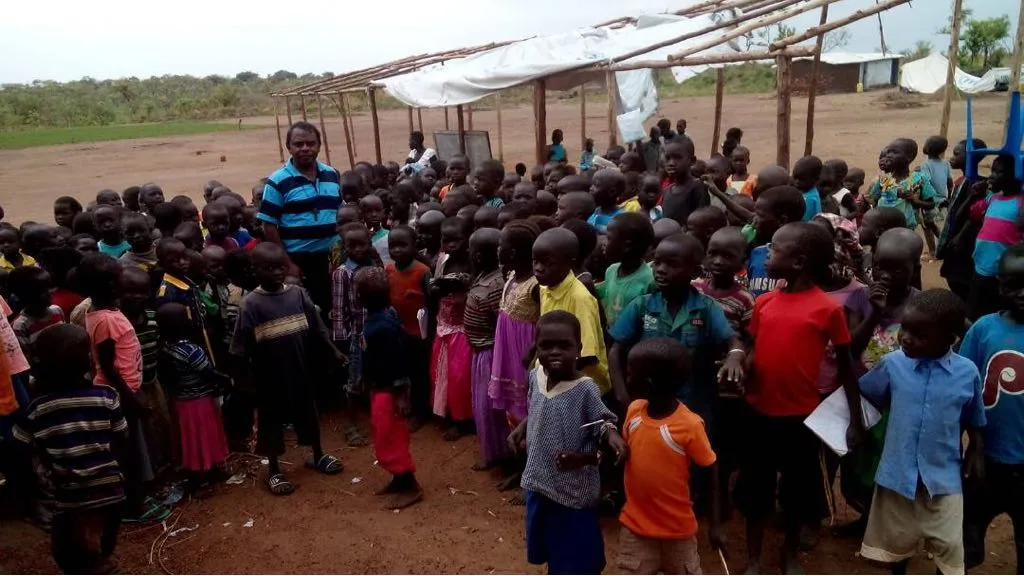Kampala, 07 August, 2020 / 10:27 pm (ACI Africa).
A member of the Religious Institute of the Salesians of Don Bosco (SDB) ministering among refugees in Uganda is concerned that among the challenges that come with the COVID-19 lockdown in the East African country is that young people who will be staying away from school and church will have lost significantly in their moral, social and spiritual formation when they eventually come out of the lockdown.
In a reflection shared with ACI Africa Thursday, August 6, Fr. Lazar Arasu, the Director of Don Bosco Palabek Refugee Services, which provides home to thousands of refugees, most of them youth from neighboring South Sudan, says that problems that young people grapple with on a daily basis have been aggravated with the pandemic, leaving no one unscathed.
“Everyone, the big, the small and even the little ones have been challenged. With the closure of schools, churches and youth centers, the young people have lost one year of education and formation, which also includes loss in their moral, social and spiritual formation,” Fr. Arasu says.
According to the Salesian Priest, the effects of the protracted lockdown have already started showing in the heightened number of teenage pregnancies, which unfortunately, according to the Priest, are not recorded by the Ugandan authorities.
The Priest who works with young people at Palabek refugee camp has also observed complications related to teenage pregnancies such as induced abortions and the permanent health issues of physical and mental in nature.








